Jesse Eisenberg, the acclaimed actor and director, has officially received Polish citizenship. His deep connection to Poland was reignited while filming his latest movie, A Real Pain, which explores his family's Holocaust history.
Poland Grants Eisenberg Citizenship
Polish President Andrzej Duda personally granted Jesse Eisenberg citizenship during a ceremony in New York. During the event, Duda expressed his appreciation for people who honor their Polish heritage, recognizing Eisenberg’s efforts to reconnect with his family’s roots.
“I am pleased that people from around the world remember their origins, that their ancestors came from Poland, and want to connect with our country,” Duda stated.
Filming in Poland Inspired Eisenberg’s Decision
A Real Pain, a film directed and starred in by Eisenberg, tells the story of two American Jewish cousins who embark on a journey to Poland to uncover their late grandmother’s past as a Holocaust survivor. The film draws inspiration from Eisenberg’s personal family history, particularly his great-aunt Doris, who fled Poland in 1938.
Doris lived to be 106 years old, passing away in 2019. Her death motivated Eisenberg to delve deeper into his Polish heritage. While premiering the movie in Poland in November, he described the project as his “love letter to Poland.” The experience of filming in his ancestral homeland ultimately solidified his desire to seek Polish citizenship.
A Meaningful Oscar Win
Aside from obtaining Polish citizenship, Eisenberg had another major achievement this week: A Real Pain won an Oscar. His co-star, Kieran Culkin, who played his cousin in the film, secured the Academy Award for Best Supporting Actor.
Eisenberg himself was nominated for Best Original Screenplay but lost to Anora. Despite this, the film's success further validated his journey of rediscovering his roots.
Filming at Sites with Deep Family History
Many of the film’s locations held personal significance for Eisenberg. Some of the most powerful scenes were shot in places tied to his ancestors:
- The town of Krasnystaw in southeastern Poland, where his great-aunt Doris and other family members once lived before they were tragically lost in the Holocaust.
- A specific apartment where his family had lived before they fled in 1938.
- The Majdanek concentration camp, a somber location that serves as a reminder of Poland’s Holocaust history.
- The Monument to the Ghetto Heroes, a tribute to the Jewish resistance during World War II.
- The POLIN Museum of the History of Polish Jews, which chronicles over 1,000 years of Jewish life in Poland.
In recognition of his efforts to preserve and highlight Polish Jewish history, the town of Krasnystaw even awarded Eisenberg honorary local citizenship last year.
A Powerful Moment of Connection
During the ceremony where he received his Polish passport, Eisenberg reflected on his decision to become a citizen.
“Something so obvious occurred to me, which is that my family lived in this place for far longer than we’ve lived in New York,” he shared. “And of course, the history ended so tragically, but in addition to that tragedy, it’s also sad that my family didn’t feel any connection anymore to Poland. That saddened me and confirmed to me that I really wanted to try to reconnect as much as possible.”
The Bigger Picture: The Importance of Reconnecting with Roots
Eisenberg’s story is a profound example of the impact of heritage on personal identity. Many descendants of immigrants lose touch with their ancestral homelands over generations. However, stories like Eisenberg’s show that reconnecting with one's roots can be an enriching and meaningful experience.
Why Heritage Matters
Exploring one’s ancestry can lead to a deeper understanding of personal identity, cultural traditions, and historical events that shaped one’s family. Some key reasons why people seek to reconnect with their heritage include:
- Understanding Family History: Learning about the struggles and triumphs of past generations can provide valuable insights into personal values and resilience.
- Honoring Ancestors: Acknowledging where one comes from helps keep the memory of lost family members alive.
- Finding a Sense of Belonging: Many people feel more grounded when they understand their cultural and historical background.
- Strengthening Cultural Identity: Exploring traditions, language, and customs helps preserve heritage for future generations.
Practical Ways to Reconnect with Your Heritage
If Eisenberg’s journey has inspired you, there are several ways to explore your own roots:
1. Research Your Family Tree
Look into genealogical resources such as ancestry websites, old family documents, and national archives. Many government records, including birth certificates and immigration papers, can help piece together your family's past.
2. Visit Your Ancestral Homeland
Traveling to the place where your ancestors lived can be a profound experience. Walking through the same streets and visiting historical sites can bring history to life.
3. Learn the Language
Learning even a few basic phrases of your ancestors’ language can help you feel more connected to their culture. Language apps, online courses, and language exchange partners can help.
4. Connect with Local Communities
Many cultural and heritage organizations welcome those who want to learn more about their ancestry. Attending events, festivals, or heritage workshops can provide valuable insight into traditions and customs.
5. Preserve and Share Stories
Speak to older relatives and document their stories before they are lost to time. Writing down family histories, creating video interviews, or even making a personal documentary can ensure that future generations remain connected to their heritage.
Final Thoughts
Jesse Eisenberg’s decision to seek Polish citizenship is more than just a legal process—it’s a journey of reconnection, remembrance, and honor. His experience highlights how history, personal identity, and cultural heritage are intertwined. Whether through filmmaking, research, or travel, revisiting one’s past can be an eye-opening and transformative experience.
For those interested in their own heritage, Eisenberg’s story is a reminder that it’s never too late to rediscover your roots, honor your ancestors, and build a meaningful connection with the past.

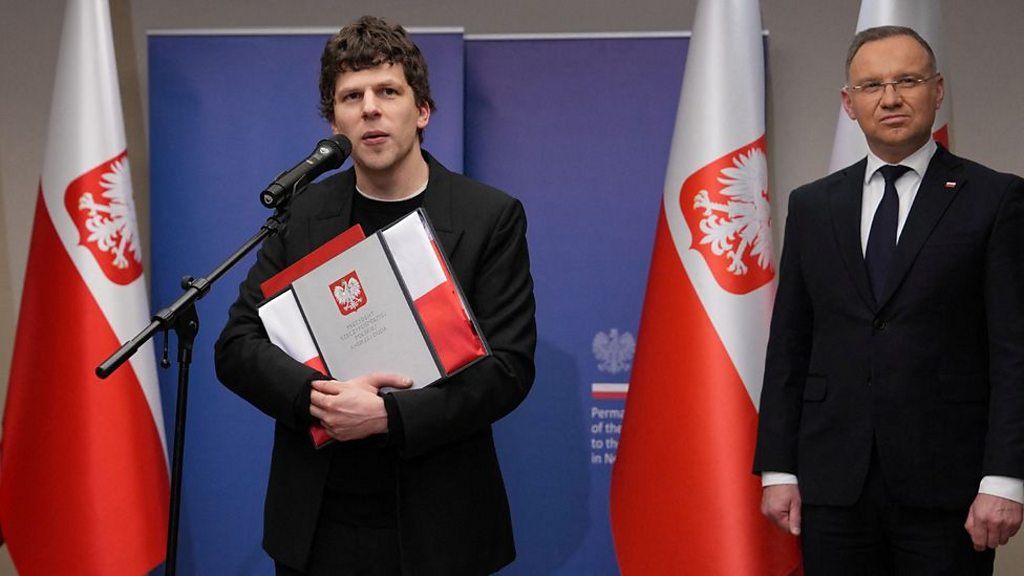







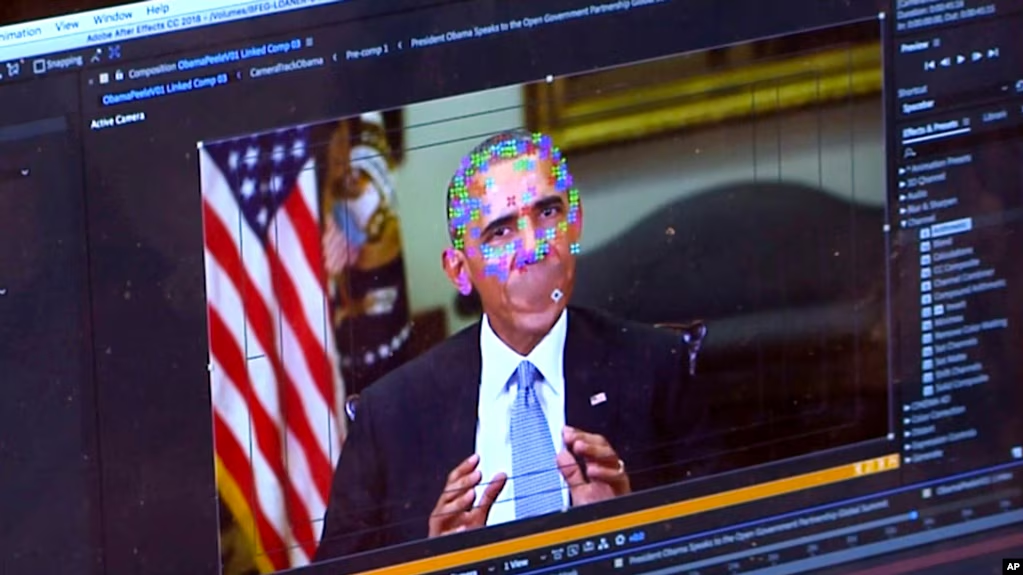


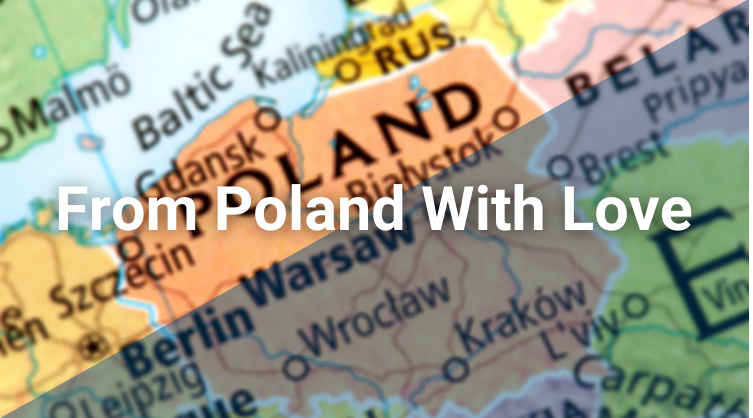
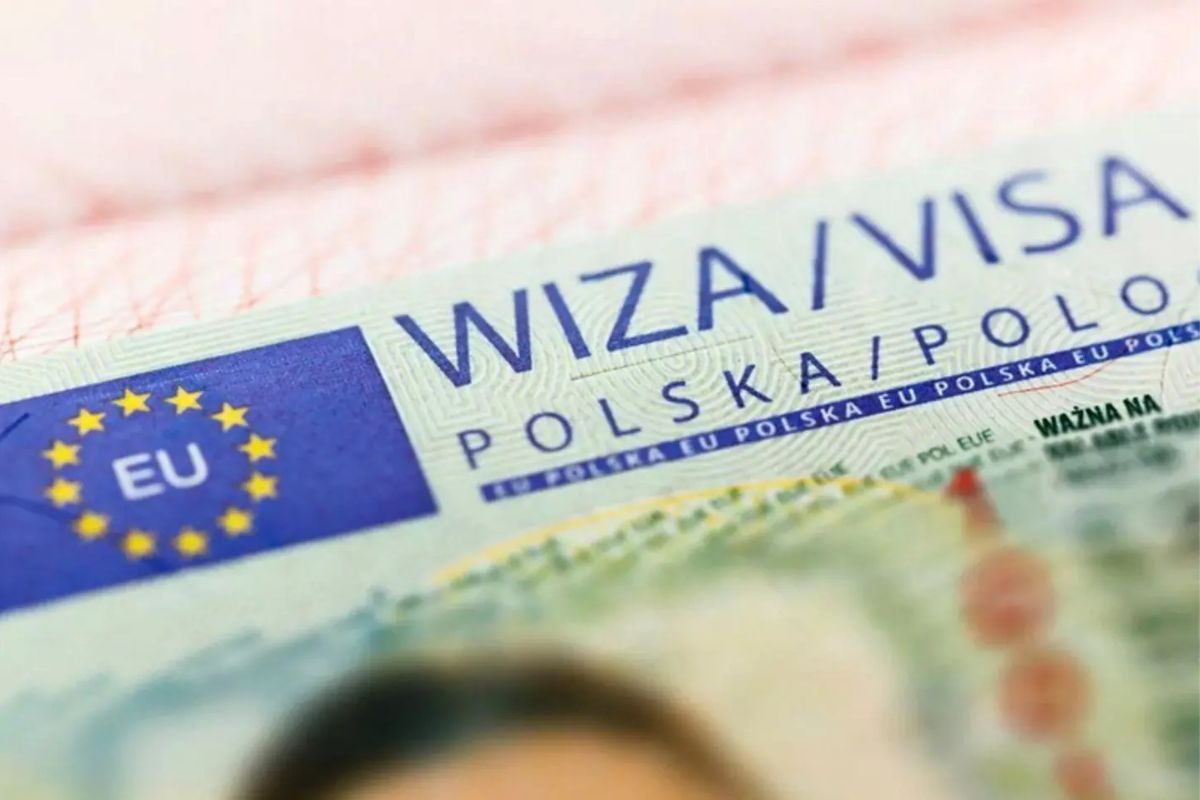






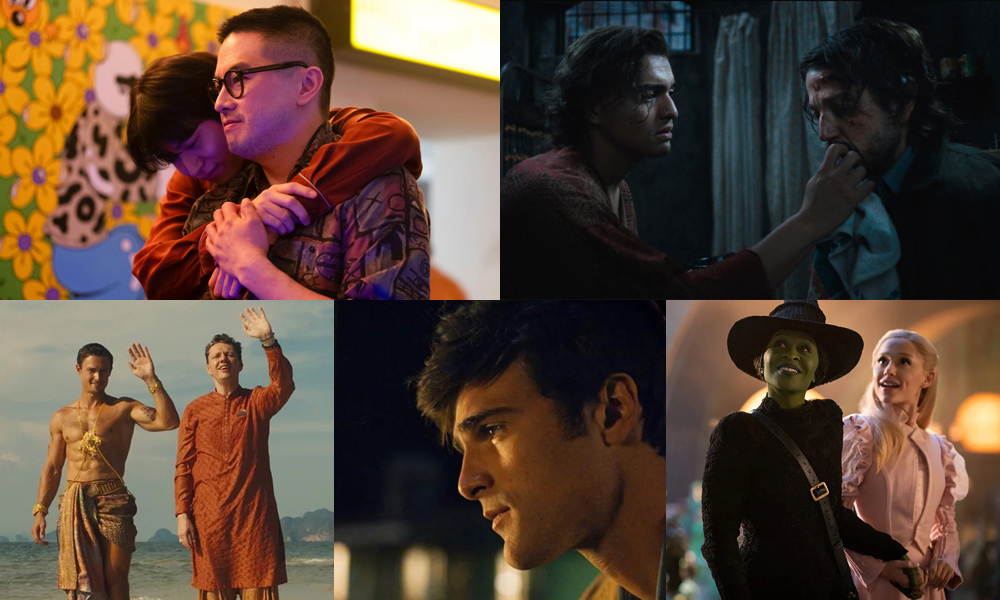



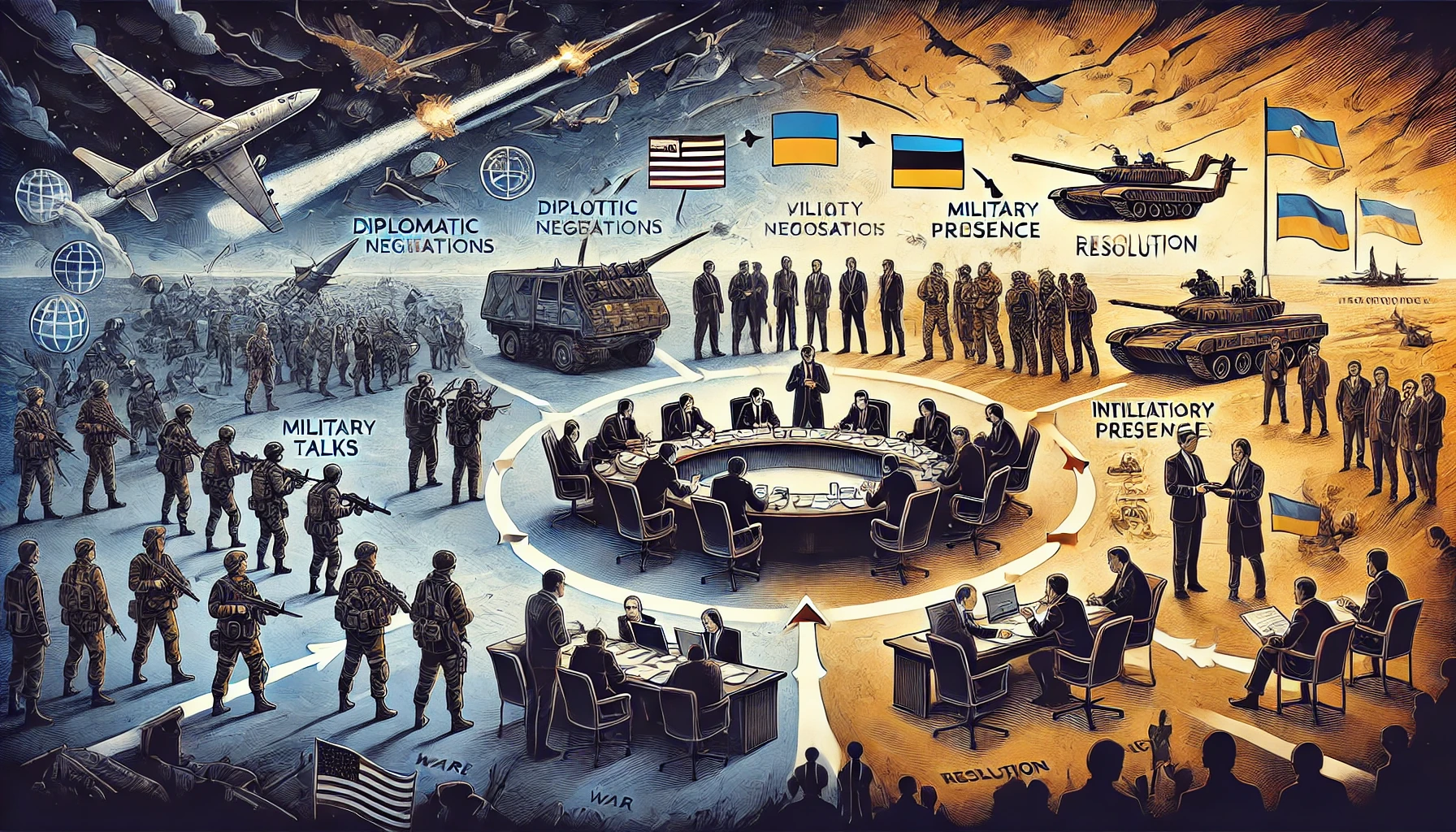


0 Comments